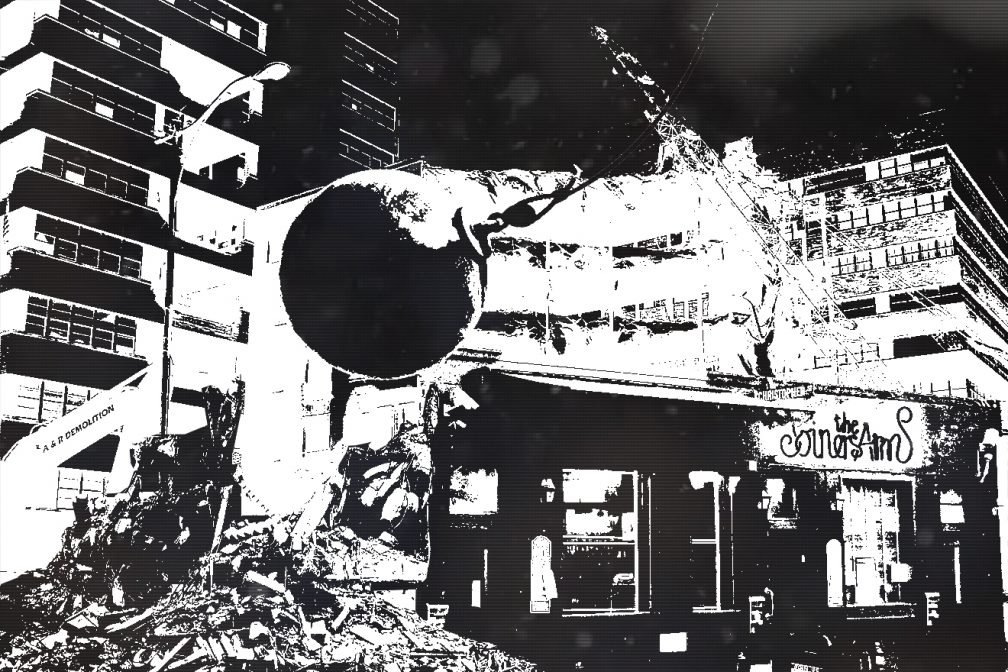 Comment
Comment
Oppose the developers: London is fighting to protect its LGBTQ+ clubs
The capital has lost 58 per cent of LGBTQ+ venues in the last decade and the community they serve has had enough
While the Joiners battle rumbles on, the queer clubs and venues in London still operating are striving to cause a scene, as they need to fight for their right to party more than ever.
On Kingsland Road, the main artery connecting the glassy mega bucks and suits of the city and the wilder, artsy environs of the east, lies Dalston Superstore. The three-way lovechild of Dan Beaumont, Matt Tucker and Dan Pope has been in business since the turn of the decade and has neatly defied the challenges of encroaching development such as stricter licensing regulations or sound restrictions.
Emma Kroeger from the club believes its success lies in its community but greater protection for the cultural contribution of such spaces needs to be recognised.
“LGBTQ+ nightclubs provide safe havens for free expression, as well as producing some of the most exciting and challenging art, music and cabaret in the country, and they need to be recognised for doing so,” she says.
The club hosts great LGBTQ+ nights such as Discosodoma, Homodrop, Femmme Fraiche and Bum.P. and is setting the benchmark for quality in queer clubbing alongside neighbours such as The Glory, VFD and The Queen Adelaide. Then there’s self-styled gay rave Chapter 10 and Pussy Palace further east at The Yard in Hackney Wick.
“Events like our International Transgender Day of
Visibility and The Glory’s Lipsync1000 are a celebration of our vibrant and diverse
communities, and to lose these kinds of things would do unspeakable damage to
the queer community. These events are our lifeblood, they breed a pride and a
sense of community that is beyond words,” says Kroeger.


